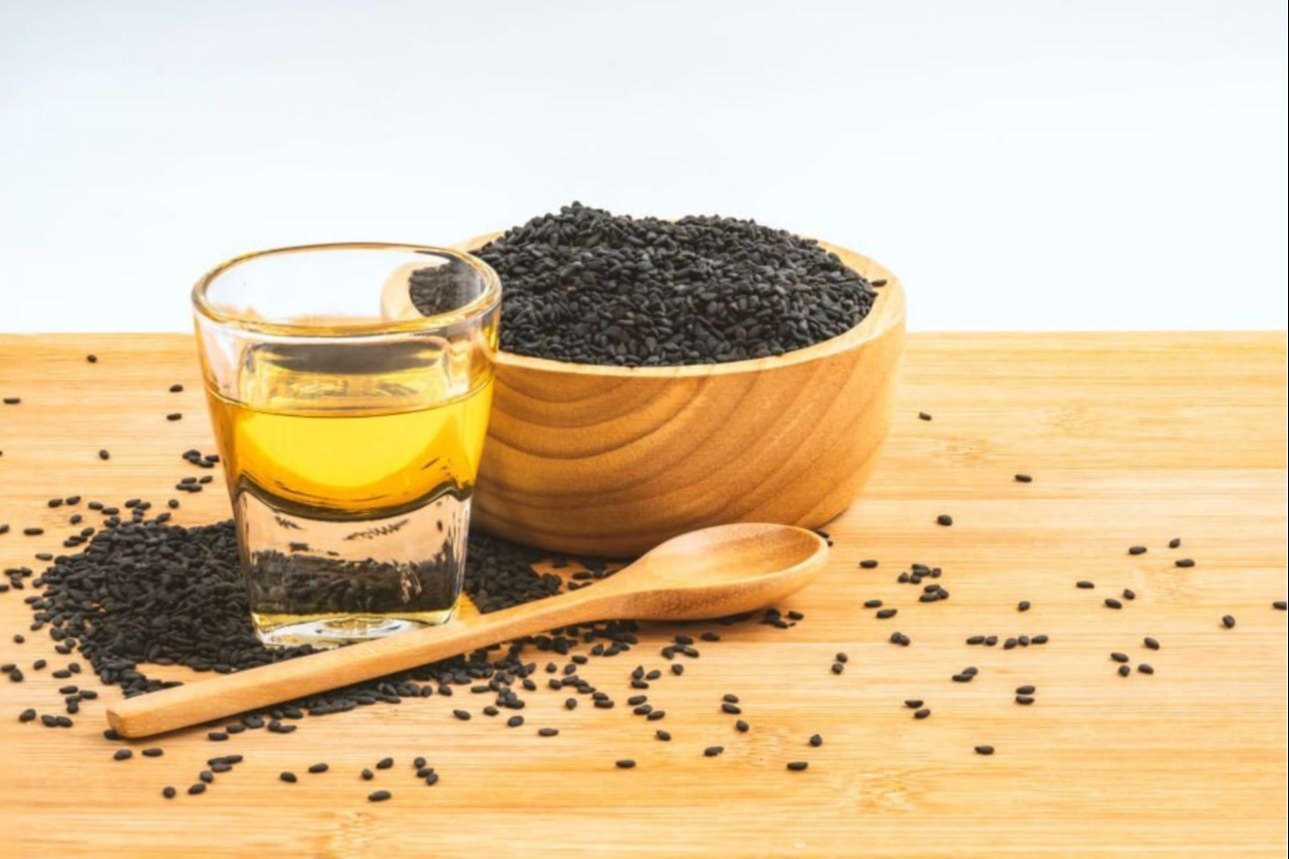Vitamin A is a vital nutrient that plays a key role in many important bodily functions, ranging from maintaining good vision to supporting a strong immune system. Known for its antioxidant properties, Vitamin A is crucial for skin health, cellular growth, and overall well-being. It’s a fat-soluble vitamin that the body stores, and while deficiency can cause significant health problems, getting the right amount through diet or supplements can unlock numerous health benefits.
Let’s dive deeper into why Vitamin A is essential for optimal health and explore the best ways to incorporate it into your daily routine.
What is Vitamin A?

Vitamin A comes in two main forms:
-
Preformed Vitamin A (Retinoids): This is found in animal-based foods like liver, fish, eggs, and dairy. Retinoids are the active form of Vitamin A and are readily used by the body.
-
Provitamin A (Carotenoids): Found in plant-based foods, this form of Vitamin A includes beta-carotene, which the body converts into retinol, the usable form of Vitamin A. Carotenoids are abundant in colorful fruits and vegetables like carrots, sweet potatoes, and spinach.
Both forms of Vitamin A are crucial for health, and consuming a variety of foods rich in these nutrients ensures that you meet your daily requirements.
Vitamin A and Vision

Perhaps the most well-known benefit of Vitamin A is its role in maintaining healthy vision. Vitamin A is a critical component of rhodopsin, a protein in the retina that helps the eyes detect light. Without adequate Vitamin A, the ability to see in low light is diminished, leading to a condition called night blindness.
Vitamin A also supports the health of the cornea, the outermost layer of the eye, which is crucial for clear vision. Adequate intake of Vitamin A can prevent xerophthalmia, a condition that results from a severe deficiency, leading to dry eyes and, in extreme cases, blindness.
Supporting Immune Health

Vitamin A is also essential for maintaining a strong and effective immune system. It helps regulate the function of T-cells and B-cells, two types of white blood cells that protect the body against infections. By supporting the production of these immune cells, Vitamin A helps the body fight off bacteria, viruses, and other pathogens more effectively.
In addition to supporting the immune system’s cellular response, Vitamin A also maintains the integrity of the skin and mucous membranes, which act as the body’s first line of defense against external invaders. By ensuring that these barriers remain strong, Vitamin A plays a key role in preventing infections and keeping the body resilient.
Vitamin A for Skin Health

Another important function of Vitamin A is its ability to promote healthy skin. Retinoids, the active form of Vitamin A, are widely used in both oral and topical forms to treat a variety of skin conditions, including acne, psoriasis, and the visible signs of aging.
Vitamin A promotes skin cell turnover, helping to reduce the appearance of fine lines and wrinkles, improve skin texture, and even out skin tone. It also plays a crucial role in healing wounds and repairing damaged skin by encouraging the growth of new skin cells.
In addition to its benefits for skin appearance, Vitamin A’s antioxidant properties help protect the skin from oxidative stress caused by exposure to UV rays and environmental pollutants. This helps reduce the risk of premature aging and supports long-term skin health.
Bone Health and Growth

Vitamin A is essential for proper bone growth and development, particularly during childhood and adolescence. It works in conjunction with other nutrients like Vitamin D, calcium, and magnesium to support bone formation and maintain bone density.
For older adults, adequate intake of Vitamin A is important for preventing osteoporosis and reducing the risk of fractures. However, it’s important to maintain a balance, as excessive Vitamin A intake can lead to reduced bone density over time.
Sources of Vitamin A

Getting enough Vitamin A from food is essential for maintaining health, and fortunately, there are many sources to choose from. Here are some of the best dietary sources of both retinoids and carotenoids:
-
Animal-based sources (rich in retinoids):
- Liver (beef or chicken)
- Fish oils
- Eggs
- Dairy products (cheese, milk, butter)
-
Plant-based sources (rich in beta-carotene):
- Carrots
- Sweet potatoes
- Spinach
- Kale
- Red peppers
- Mangoes
By including a variety of both animal and plant-based foods in your diet, you can ensure that you’re getting an adequate amount of Vitamin A to support your overall health.
Recommended Japanese Vitamin A Supplements

DHC Natural Vitamin A:
This product contains Dunaliella salina carotenoids, known for having a natural β-carotene content 100 times higher than that of carrots. The β-carotene from Dunaliella salina is efficiently absorbed by the body and converted into Vitamin A, supporting eye health, the immune system, and skin vitality.
Key Benefits:
- High β-Carotene Content: Dunaliella salina provides a rich source of natural β-carotene, offering 100 times more than carrots, ensuring a potent supply of Vitamin A.
- Efficient Absorption: The carotenoids are effectively absorbed and converted into Vitamin A, helping maintain good vision, strengthen the immune system, and promote healthy skin.
How Much Vitamin A Do You Need?
The recommended daily intake of Vitamin A depends on age, gender, and life stage. Here are the general guidelines:
- Men: 900 micrograms (mcg) per day
- Women: 700 mcg per day
- Pregnant women: 770 mcg per day
- Breastfeeding women: 1,300 mcg per day
It’s important to note that Vitamin A is fat-soluble, meaning it can accumulate in the body if consumed in excess. While Vitamin A toxicity is rare, it can occur from over-supplementation or excessive intake of animal-based sources. Symptoms of Vitamin A toxicity include headaches, dizziness, nausea, and even liver damage in severe cases. To avoid these risks, it’s best to obtain most of your Vitamin A from food sources and follow recommended dosages for supplements.
Vitamin A Deficiency
Vitamin A deficiency is more common in developing countries, where access to Vitamin A-rich foods is limited. In severe cases, deficiency can lead to night blindness, xerophthalmia, and an increased risk of infections, particularly respiratory and gastrointestinal infections.
In developed countries, deficiency is less common, but certain groups may be at higher risk, including:
- Vegetarians and vegans: Since plant-based sources provide beta-carotene rather than preformed Vitamin A, vegetarians and vegans may need to consume higher amounts of carotenoid-rich foods to meet their Vitamin A needs.
- Infants and young children: Growing children have higher Vitamin A requirements to support their rapid development.
- Pregnant and breastfeeding women: Women in these life stages require additional Vitamin A to support their own health and the health of their baby.
Conclusion: Vitamin A for Vital Health
Vitamin A is a critical nutrient for maintaining good vision, strong immunity, and healthy skin. Whether you’re concerned with eye health, boosting your body’s defenses, or maintaining glowing skin, Vitamin A offers a range of benefits that can’t be overlooked.
By incorporating a mix of Vitamin A-rich foods into your diet, you can ensure that you meet your daily requirements and enjoy the numerous health advantages this essential nutrient has to offer. As with any vitamin, balance is key—ensuring you get enough to promote wellness while avoiding excess is the best way to keep your body functioning at its best.




